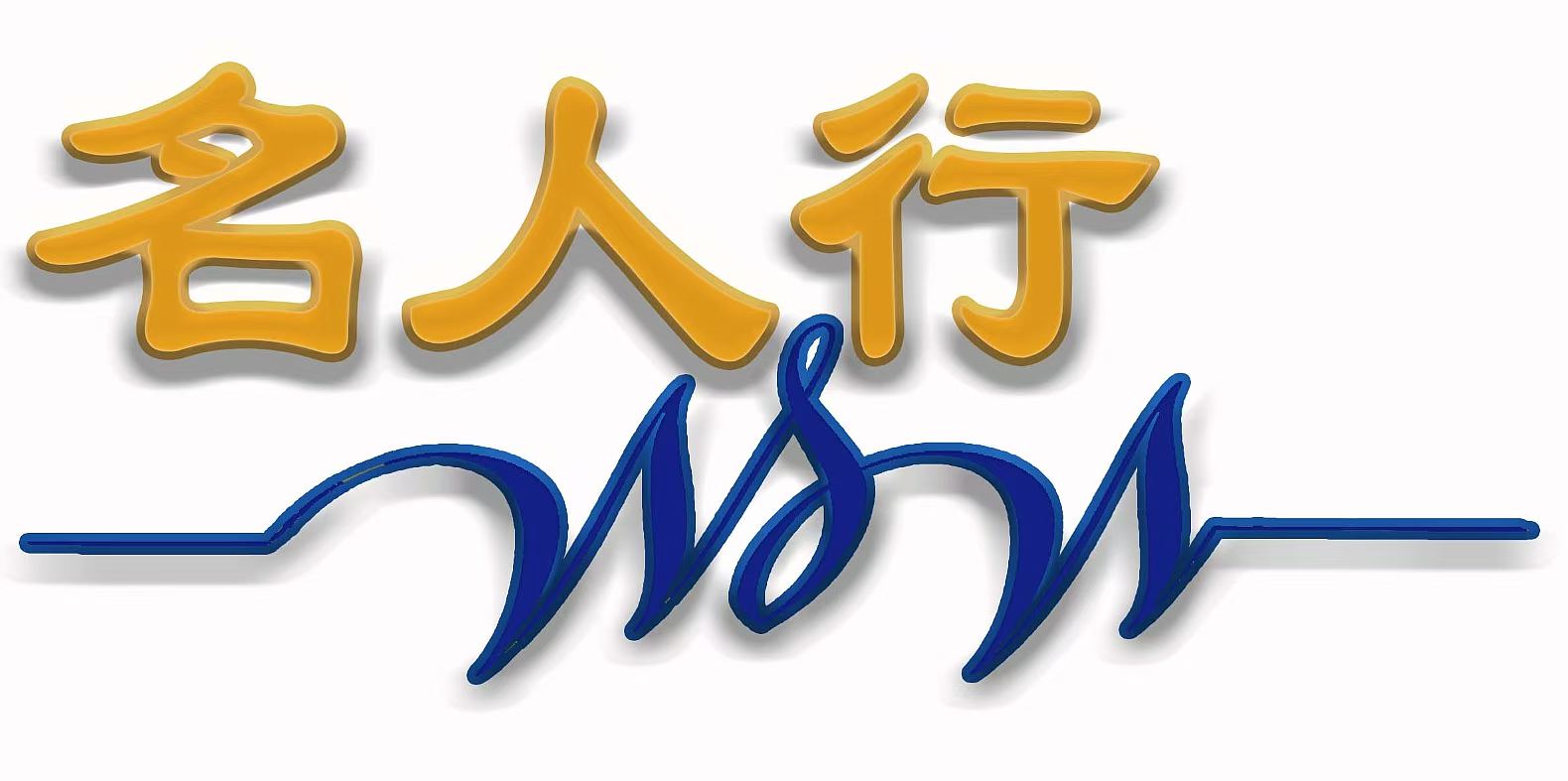Share Knowledge and Earn a Living in the Web 3.0 Era
The advent of Web 3.0 is revolutionizing the internet, creating opportunities for individuals to monetize their expertise and knowledge like never before. Unlike its predecessors, Web 3.0 is characterized by decentralization, user empowerment, and blockchain technology, offering a fertile ground for knowledge sharing and income generation.
Understanding Web 3.0
Web 3.0 represents the next evolution of the internet. While Web 1.0 was static and Web 2.0 emphasized user-generated content and interactivity, Web 3.0 introduces decentralized platforms powered by blockchain. This shift fosters greater transparency, data ownership, and autonomy, allowing users to engage in peer-to-peer interactions without intermediaries.
Key features of Web 3.0 include:
- Decentralization: Information is distributed across blockchain networks rather than centralized servers.
- Tokenization: Digital assets and currencies, often referred to as tokens, are integral to this ecosystem.
- Smart Contracts: Automated agreements executed without intermediaries.
- Interoperability: Seamless interaction across various platforms and applications.
With these principles in place, Web 3.0 is a game-changer for individuals looking to share knowledge and earn a living.
Opportunities for Knowledge Sharing in Web 3.0
The decentralized internet opens up a myriad of possibilities for knowledge sharing and monetization. Here are some of the most promising avenues:
- Decentralized Education Platforms: Web 3.0 has led to the emergence of decentralized education platforms where educators and learners interact directly. Platforms like Learneth and BitDegree leverage blockchain to offer transparent certification, incentivized learning, and token-based payment systems.Educators can create and sell courses directly, retaining ownership of their intellectual property. Learners, in turn, benefit from reduced costs and verifiable credentials stored on the blockchain.
- Content Creation and Tokenization: Content creators can tokenize their work, offering exclusive access or ownership rights to their audience. For instance, writers, artists, and researchers can mint their creations as NFTs (Non-Fungible Tokens), which can be sold or auctioned on marketplaces like OpenSea or Rarible.This model allows creators to:Bypass traditional gatekeepers like publishers and platforms.Retain control over their content.Earn royalties through smart contracts whenever their NFTs are resold.
- Decentralized Autonomous Organizations (DAOs): DAOs are blockchain-based communities governed by smart contracts. They allow members to pool resources, make decisions collectively, and share profits. Knowledge-sharing DAOs focus on areas like research, consulting, or mentorship, where members contribute expertise and earn tokens in return.For example:Research DAOs: Facilitate collaborative research projects and distribute rewards for valuable contributions.Mentorship DAOs: Enable seasoned professionals to provide guidance and receive compensation in cryptocurrency.
- Play-to-Earn and Learn-to-Earn Models: Gamified platforms that reward users for learning or engaging with content are becoming popular. These platforms incentivize users with tokens or NFTs, making education both engaging and profitable. For example:Axie Infinity combines gaming with earning opportunities through NFTs.RabbitHole rewards users for learning about blockchain and Web 3.0 technologies.
- Social Media 3.0: Decentralized social media platforms like Minds and Lens Protocol empower users to monetize their content directly. Unlike traditional platforms, where algorithms and ads dominate revenue, these platforms allow users to earn tokens for engagement and content creation.
How to Get Started in Web 3.0 Knowledge Sharing
Embracing Web 3.0 requires a combination of technical understanding and strategic planning. Here’s how to begin:
- Identify Your Niche: Pinpoint the area of expertise or knowledge you wish to share. It could be anything from coding and design to personal finance or health.
- Learn Web 3.0 Tools: Familiarize yourself with blockchain basics, crypto wallets, and decentralized platforms. Understanding how to create NFTs, join DAOs, or use smart contracts is crucial.
- Choose the Right Platform: Select platforms aligned with your goals. For instance:Use OpenSea or Foundation for NFT creation.Explore BitClout or Steemit for social media monetization.Join DAOs relevant to your field of expertise.
- Build Your Community: Engage with Web 3.0 communities on platforms like Discord, Telegram, or Twitter. Networking helps you learn from others, gain visibility, and find collaboration opportunities.
- Tokenize Your Knowledge: Whether it’s creating NFTs, launching a personal token, or contributing to a DAO, tokenization adds a layer of monetization to your expertise.
Challenges in Web 3.0 Knowledge Sharing
While the potential is immense, knowledge sharing in Web 3.0 is not without challenges:
- Technical Barriers: The complexity of blockchain technology can be intimidating for newcomers. Overcoming this requires time and effort to understand the ecosystem.
- Volatility: Cryptocurrencies and token-based economies are subject to market fluctuations, which can impact earnings.
- Scalability Issues: Some blockchain networks face scalability challenges, leading to high transaction fees and slower processing times.
- Regulatory Uncertainty: Governments worldwide are still grappling with how to regulate Web 3.0 technologies, creating legal ambiguities.
- Trust and Security: Despite decentralization, scams and frauds remain prevalent. Users must exercise caution and verify platforms and opportunities before participating.
The Future of Knowledge Sharing in Web 3.0
As Web 3.0 matures, its impact on knowledge sharing will continue to grow. Key trends to watch include:
- Wider Adoption: As more people embrace blockchain technology, decentralized platforms will become mainstream, offering broader opportunities for earning and learning.
- Enhanced Interoperability: Improved integration between platforms will enable seamless knowledge sharing across various ecosystems.
- Personalized Learning: AI-powered tools integrated with Web 3.0 can deliver tailored learning experiences, enhancing value for both educators and learners.
- Sustainability: Innovations in energy-efficient blockchain solutions will address environmental concerns, making Web 3.0 more sustainable.
- Inclusivity: Decentralized platforms have the potential to bridge global knowledge gaps, offering access to education and earning opportunities to underserved communities.
Conclusion
Web 3.0 is not just a technological shift; it is a paradigm change in how we share, access, and monetize knowledge. By leveraging decentralized platforms, tokenization, and community-driven initiatives, individuals can turn their expertise into a sustainable income stream.
However, success in this space requires a proactive approach: continuous learning, adaptation to emerging tools, and engagement with the Web 3.0 community. With the right strategies, the Web 3.0 era offers unparalleled opportunities for knowledge sharing and financial independence.

Comments (0)
No comments